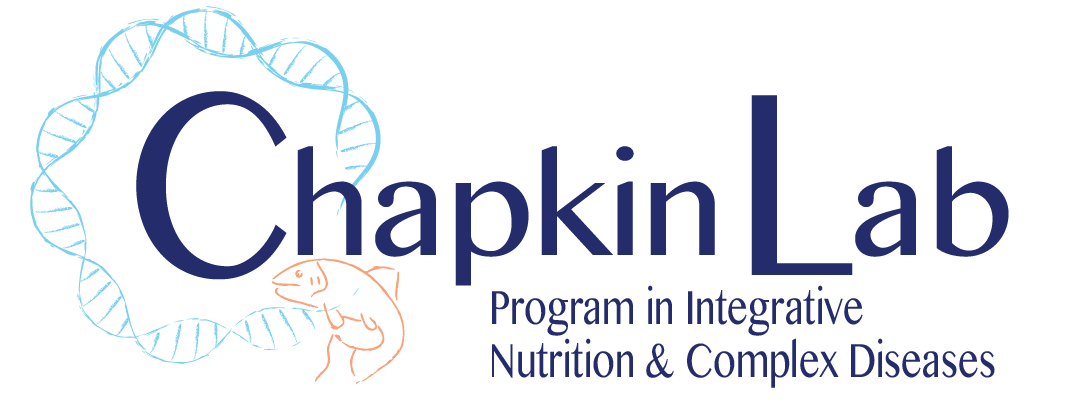 On Tuesday, February 19, 2019 Dr. Robert Chapkin was a guest speaker for the Webinar on Pros and Cons of Using Animal Models to Advance Nutrition Research in Relation to Colon Cancer Prevention. Sponsored By: Division of Cancer Prevention, NCI.
On Tuesday, February 19, 2019 Dr. Robert Chapkin was a guest speaker for the Webinar on Pros and Cons of Using Animal Models to Advance Nutrition Research in Relation to Colon Cancer Prevention. Sponsored By: Division of Cancer Prevention, NCI.
Animal models have been proven useful in understanding the mechanisms underlying cancer prevention in relation to nutritional intervention. However, the differences between animal models and human biology are considerable and therefore, data from preclinical models should be cautiously interpreted. Experts in the field of Nutrition and Cancer discussed this important topic.
Topics discussed included:
- Colon cancer models – carcinogen
- Inflammation biology – inflammatory agents
- Genetically-engineered models
- Humanized mouse models
- Stem cell biology
- Challenges (thermoneutrality, dietary dose, genetic heterogeneity)
- Gut microbiome
- The path forward
